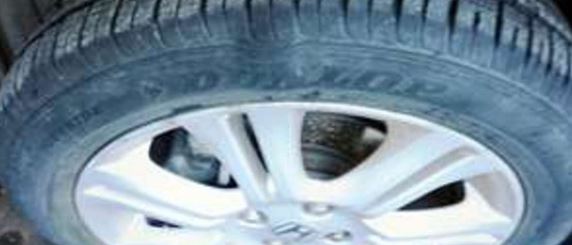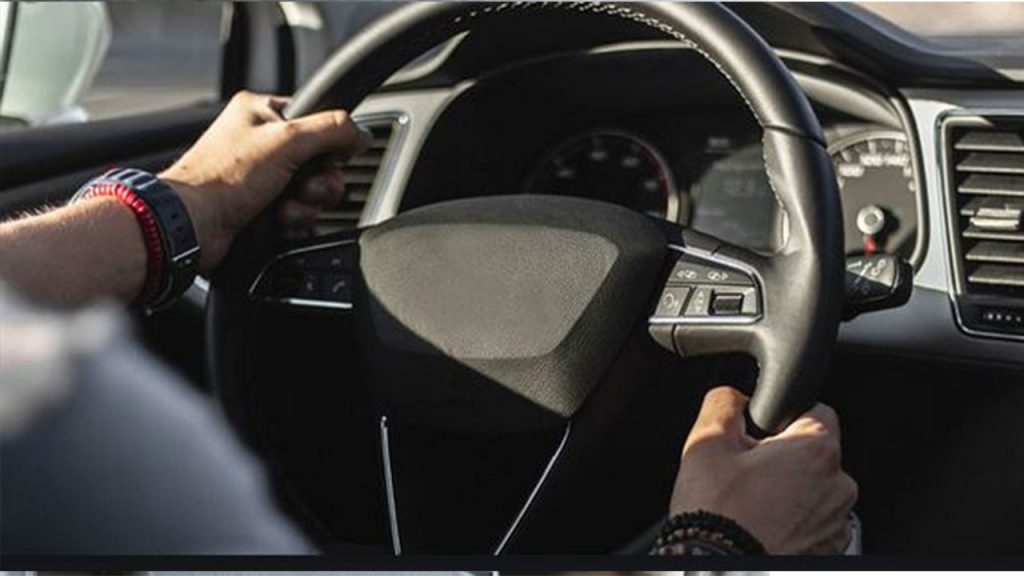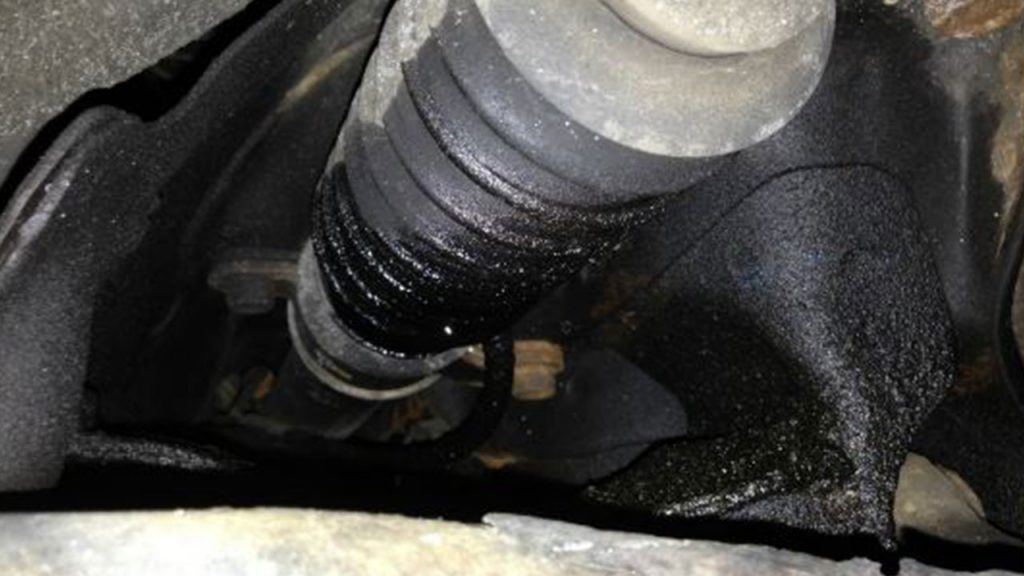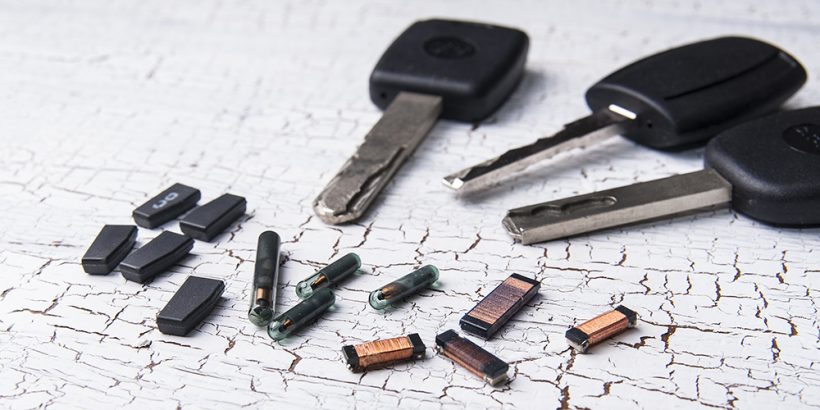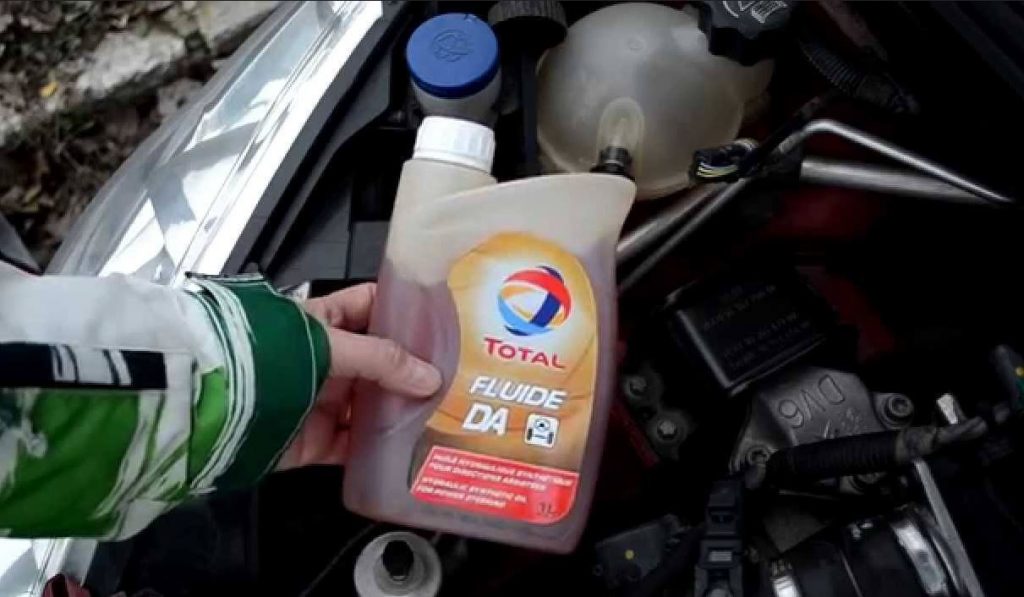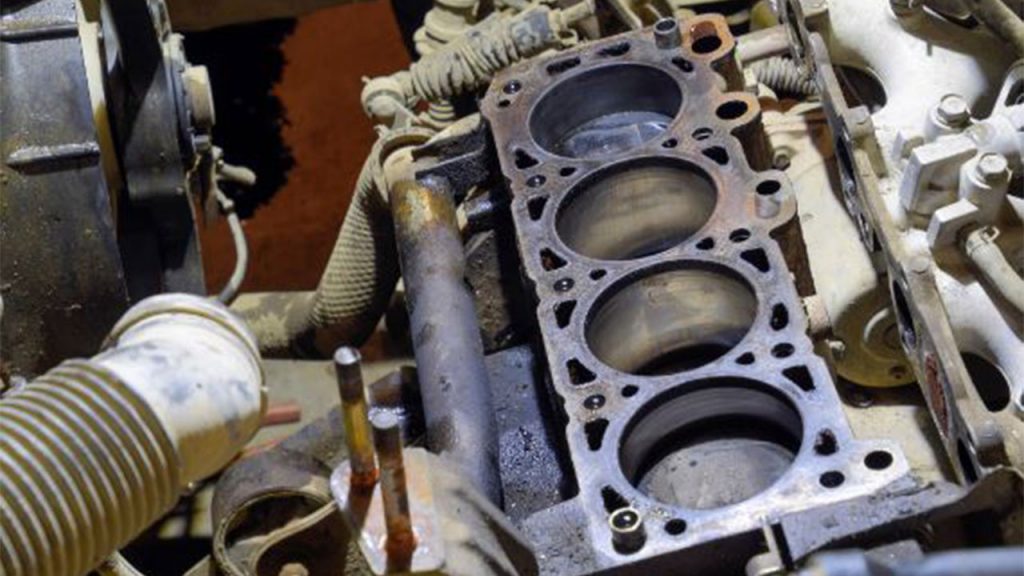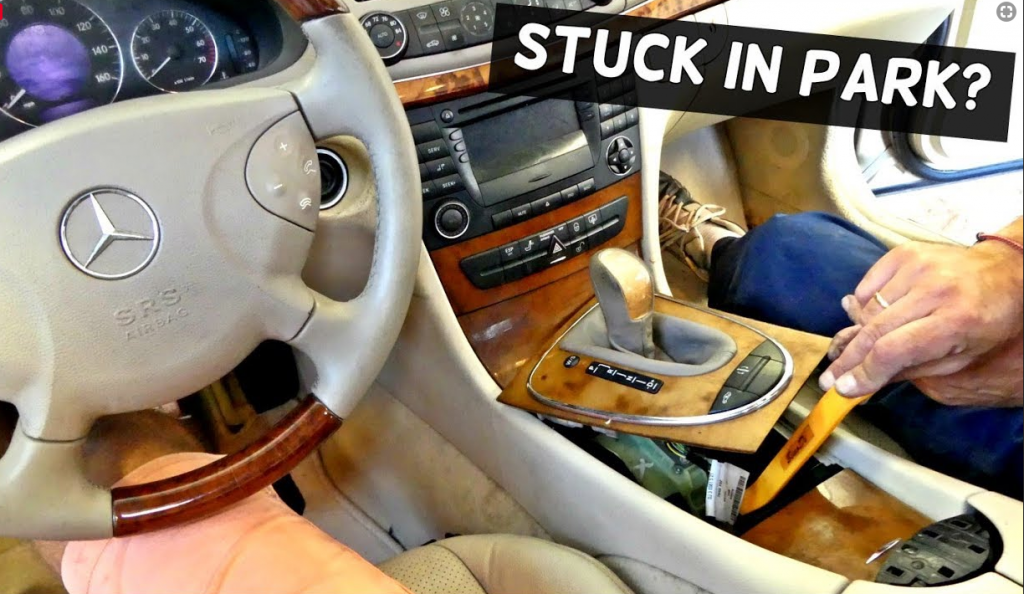Last updated on June 28th, 2023 at 05:11 pm
The first time you drive a Car and it shakes or vibrates as you drive at high speed, you will experience a series of emotions. The first emotion you will experience is shock, followed by confusion, and a series of self-questioning. What’s happening here, you may ask yourself. Afterward though, it will be the all-important struggle to retain control of your car. What Is The Recommended Tire Pressure For 51 PSI Max?
Why would you have to struggle to retain control? Because if you don’t hold on tightly to the wheel, you would immediately swerve off the road – and you will be doing so at such a high speed. If you’re able to have it under control, but the shaking persists continuously then you may be curious a bit and start asking yourself some questions.
Why does my car shake when I hit 60 mph? And if you want to know the reasons a car vibrates between 30 and 40 mph, you are in the right place and you are asking the right question.
Many with this experience report that their car started to shake when driving at 60mph, and in some cases, 70mph or more. In some rarer cases though, some say their car vibrates between 30 and 40mph. If you fall into any of these categories, especially when the shake starts at 60mph, then this is for you. Below are at main four (4) reasons why your car could shake or vibrate when driving at high speed, especially at 60mph or more.
Related Article: How to Straight Pipe a Car(Does Straight Pipe Hurt Your Engine)
Reasons car vibrates between 30 and 40 mph or when it to 60mrh
Your car could shake when you hit 60mph or more due to some of the reasons below.
1. Tyres are not well balanced or pressured
This is one of the most frequent reasons why a car shakes at high speed. This is because at higher speeds, the tyre rotates faster and any marginal differences in any one of the four tyres could cause friction. At lower speeds, this difference is marginal, but at higher speeds, any marginal difference becomes significant. This in effect, causes friction, which is the shaking and vibrations that you experience as you drive at 60mph or more.
This friction could be caused by a lack of balance in one or more of the four sets of tires, or one or more of those tires is less pressure than the others. In the case of the former, if the air pressure within the tyres is not even, the car will be unable to drive straight at high speed and thus, will shake almost violently. For the former, the net effect is true. If the tires are uneven and one is bigger or smaller than the others, for example, vibrations will naturally occur at high speeds.
Tire alignment is also another important issue here, as any disparity in alignment across any (or all) of the four wheels could be the reason why my car shakes when I hit 60mph.
These problems, however, are more easily resolved and would take only a few minutes (or some hours) at the auto shop if you can drive your car there at its early stages. Remember, if you don’t get your car repaired early enough, it can spill over to other issues and have an overall compound effect – which means more problems.
To resolve this, drive your car to the auto shop for inspection and diagnosis. If the tires are identified and confirmed as the cause of the shaking at high speed, it will be repaired accordingly. Tire alignments, for example, can be done for you in only a few extra hours (at the maximum) and any of the balance tires can be replaced quickly with the right fit in minutes.
Also, the tires that need more air pressure will be filled accordingly, or you could get the same at any tire filling station near you.
2. Tyres are worn out
This is similar to the above, but also different. A well-worn-out tire is a flat, less grippy, and slippery tyre. And overall, it makes cars more difficult to drive smoothly on a straight line or at high speed. This is also another cause of vibration at high speeds. The resolution is to completely change your worn out tires and you will have to replace them all with new tires at your preferred auto shop.
3. The Engine
The engine is another prime suspect and potential root cause for the shaking and vibration caused at high speeds. Because the engine is primarily what causes locomotion to happen, whenever vibration sets in, it shouldn’t surprise that the engine is the chief culprit and could be the root cause. Though it sometimes require an expert analysis and diagnosis, you could also make a quick check and see for yourself what needs to be resolved. As a disclaimer though, you will need some expert check and diagnosis at some point and you shouldn’t just get your hands into the engine just because you can. Even more damage could result from that if you’re not careful.
Some of the primary sources of engine-related problems include the spark plugs, the gasoline fuel, the gasoline filter, the engine settings, and the electrical systems, amongst many others. For example, the spark plugs may have clogged and need to be cleaned out to resolve this problem. If you have the home tools to remove the spark plugs and clean them appropriately, please do. Else, take your car to the auto shop for due diligence, diagnosis, and repair, and don’t damage anything in trying to forcefully get it done yourself.
The type of gasoline fuel in the car too could result in an engine issue and cause it to vibrate, This is equally true of the gasoline filter, should it be damaged. You can know if it’s the gasoline fuel by checking if the start of the vibration coincides with the initial refueling of the car. If so, try and exhaust your current gasoline in the fuel tank and refuel in a new filling station. If the shaking and vibration stop afterward then the main issue may have been the fuel. If the shaking continues to persist though, be sure to drive your car to the auto shop.
For gasoline filters, you may be unable to diagnose this yourself and you will need the help of a car diagnostics and system checker to verify this is the root cause.
Perhaps, the engine system settings changed too, without your knowledge or in your absence, this could be the reason why my car shakes when driving 70 mph. You can do a quick check by looking through your car dashboard and noting if there are any new or observed indicators. If nothing obvious is revealed, Then you will need to visit an Auto shop.
For the car’s electrical system, this is a bit technical and you will need a full car diagnostics and an expert review to identify where the error or problem could be coming from.
4. Shock Breakers/Absorbers
A vibrating car can also be caused by a faulty shock breaker. After all, the primary purpose of the shock breaker is to break and absorb shocks, as well as stabilize vibrations. But in a case where the shock absorbers are faulty themselves, the vibration and shocks at higher speed – which is natural – will pass through.
A faulty shock breaker needs to be resolved soon and at its earliest because it plays a critical role in the mobility and balancing of a car. All things being equal, the car should return to its non-shaky best version of itself after the upgrade to a new one.
All these four sources may help you understand why my car shakes when I am driving over 70 mph.
Related Article:
- Ideal Tire Pressure: What Should My Tire Pressure Be
- 11 Best Portable Air Compressor for Truck Tires
- 11 Best Trailer Tire Pressure Monitoring System & how it works

Hi dear, my name is Jeffery Ekweghi, and I am a certified mechanic and autobody parts technician. I created this site to share my expertise and experience with car lovers looking to resolve their car-related issues. I am certified in private cars and heavy-duty commercial vehicles. I have worked as a mechanic since 2015 and have experience in vehicle brands like Subaru, Jeep, Toyota, TATA, BMW, Mazda, Honda, Nissan, Kia, TVs, and Others; however, I primarily specialize in Toyota vehicles.

